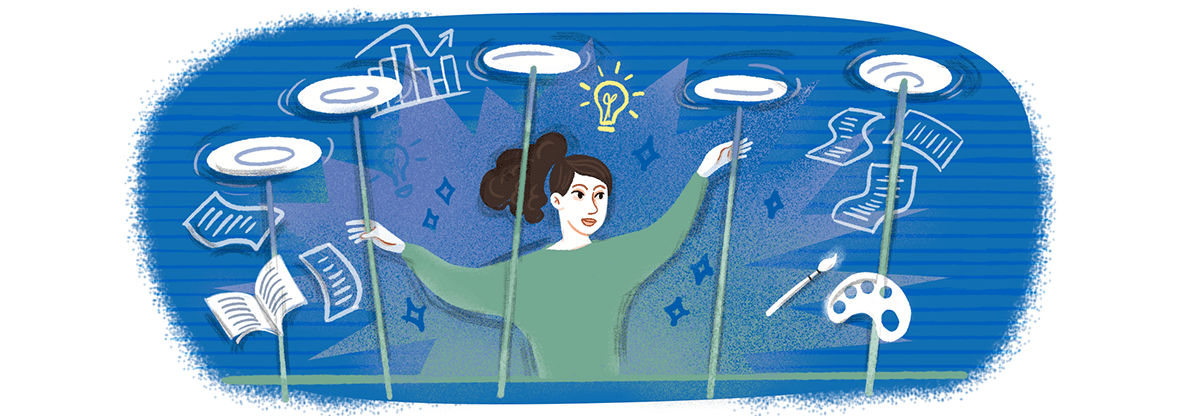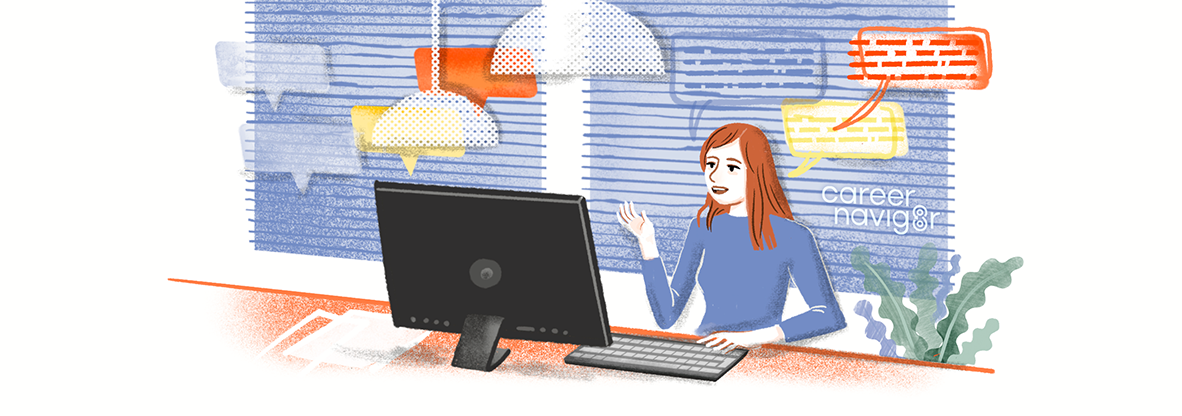How to Prepare for Your First Mentoring Session as a Mentee

Getting ready for your first mentoring session can be both exciting and nerve-wracking. This is your chance to get career advice and support from someone experienced in your field or area of interest.
To make the most of this opportunity, you need to be well-prepared. Your efforts to prepare for the session will set the tone for a productive relationship and show your mentor that you value their time and expertise.
In this blog post, we’ll give you some practical steps to prepare for your first mentoring session. Whether you want to improve your job skills or you need guidance on overcoming challenges in your career, here’s how to get off to a great start with your mentor.
1. Define Your Goals and Expectations
The first step in preparing for your mentoring session is to define your goals and expectations. Think about what you want to achieve from the mentorship. Are you looking to get career advice, improve specific skills, or learn how to tackle challenges?
You can create a list of the areas you need help with and any questions you’d like to discuss. Having a clear idea of your objectives will help you communicate effectively with your mentor and ensure the session stays focused.
Mentoring works best when you and your mentor are both on the same page about the purpose and outcomes of your sessions, so make sure that you think about your goals in advance.
2. Research Your Mentor’s Background
Before your first mentoring session, you should take some time to research your mentor’s background. Look into their professional journey, as well as their key achievements and areas of expertise.
You can often find this information on platforms like LinkedIn or through a quick online search.
Learning about your mentor’s experience will help you understand how their knowledge can help you reach your goals and what specific insights they can offer. It also shows that you respect their time and effort, as you’ll be better prepared to ask relevant questions.
A little research can go a long way in building rapport and making your first mentoring session more engaging and productive.
3. Prepare a List of Questions and Topics
To make the most of your initial session, it’s a good idea to prepare a list of questions and topics you’d like to discuss. Think about areas where you need guidance or clarity, such as career growth, skill development, or overcoming specific issues.
You should also organise your questions in order of priority to ensure you cover the most important topics first. This will help you stay focused and show your mentor that you’re serious about the session.
When you come into mentoring with a clear agenda, you and your mentor can have meaningful conversations and use the session’s time effectively.
4. Reflect on Your Strengths and Areas for Improvement
Before your mentoring session, you should also reflect on your strengths and areas where you want to improve. Understanding what you’re good at will help you highlight your achievements and build confidence in these areas.
On the other end, identifying areas for growth will allow you to focus on specific issues where your mentor’s guidance can be most valuable. You should be honest with yourself during this process – it’s not about perfection but about recognising opportunities to learn and grow.
Approaching your first mentoring session with this self-awareness will help you have a more effective discussion with your mentor, so you can create a clear path for developing your skills and achieving your goals.
5. Be Ready to Listen and Take Notes
Your mentor isn’t the only person that can take notes in sessions. You need to come prepared to absorb the insights, advice, and experiences your mentor shares.
Make sure to pay attention to their suggestions and take notes on key points that resonate with you. This shows that you value their time and effort, and it helps you retain important information for later reflection.
You should also avoid interrupting your mentor or focusing solely on your next question, which will come across as rude. Instead, try to stay present and engaged.
Being a good listener will create a positive impression and help you build a stronger connection with your mentor.
To Get Valuable Career Advice From a Mentor, Sign Up With Career Navig8r
Now you know how to prepare for your first mentoring session as a mentee, you might feel ready to find your career mentor online.
At Career Navig8r, we understand that starting a new career or trying to advance in your existing role isn’t easy. You may not know the best route to success, and you may need more support than your supervisor or team leader can provide.
You may also have numerous questions about what to expect, what skills you’ll need, and what employers are looking for when they’re hiring. That’s where you could benefit from working with a qualified and experienced career mentor, who can answer these questions and help you grow in your chosen career.
Need a career mentor for your specific job role or industry? Sign up with Career Navig8r and find your ideal mentor now.


